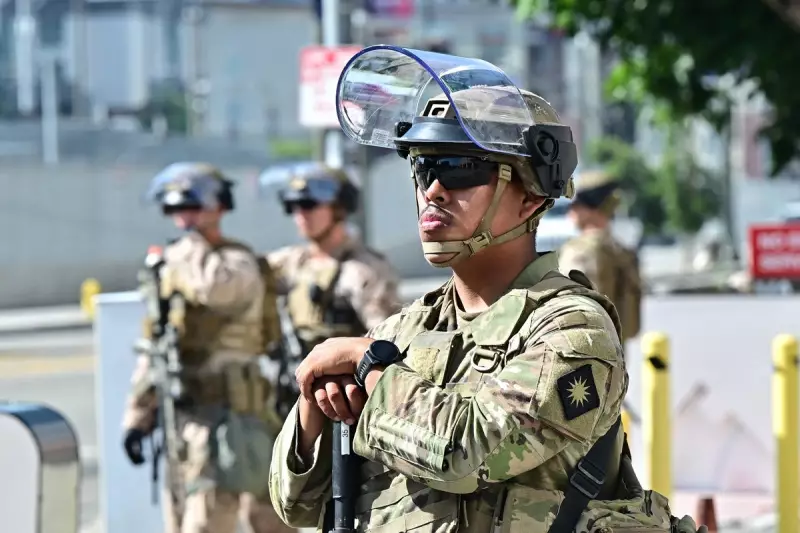
Former US President Donald Trump has reignited controversy by claiming he offered National Guard assistance to Los Angeles during the violent 2020 protests following George Floyd's death. However, local officials have cast doubt on his version of events.
The Contested Claim
In recent statements, Trump asserted that he personally contacted Los Angeles Mayor Eric Garcetti to offer military support during the civil unrest. "I called the mayor of Los Angeles and said, 'You want some help with the National Guard?'" Trump told supporters at a rally.
Official Pushback
Multiple sources close to the situation have contradicted Trump's account. Records show that while federal officials did discuss National Guard deployment with California Governor Gavin Newsom, there's no evidence of direct communication between Trump and Garcetti regarding this matter.
Los Angeles Police Department representatives confirmed they worked with state authorities on security measures, but emphasized that decisions about National Guard deployment were handled through established channels rather than presidential intervention.
Context of the 2020 Unrest
The George Floyd protests in Los Angeles saw:
- Widespread demonstrations against police brutality
- Significant property damage in some areas
- Curfews imposed across the city
- Thousands of National Guard troops eventually deployed statewide
While Trump has frequently portrayed himself as taking decisive action during the protests, this latest claim adds to numerous disputed assertions about his administration's handling of the crisis.
Political Reactions
The renewed focus on 2020 protest responses comes as Trump positions himself for another presidential run. Critics argue he's attempting to rewrite history, while supporters maintain he took necessary steps to restore order.
Political analysts suggest these claims may represent an effort to bolster Trump's law-and-order credentials ahead of potential election debates about urban policing and civil unrest.





